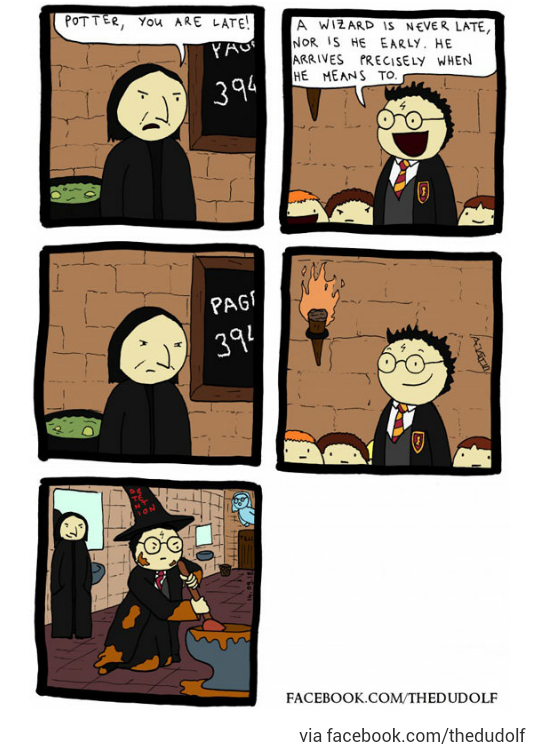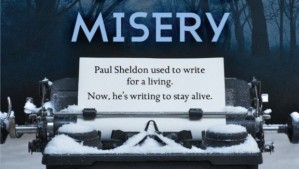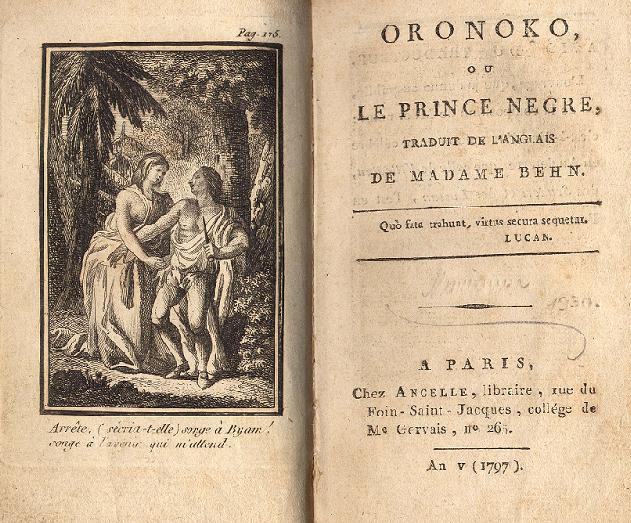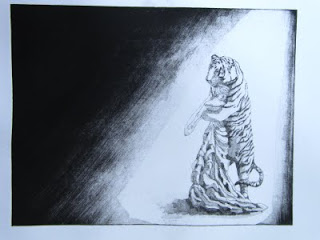So I read The Sorrows of Young Werther by Johann Wolfgang Goethe on holiday last week and then gave a friend my full and frank opinion of it.
He laughed and said I should review classic literature and I thought, hang on, I was meant to be doing that. So I’m back bitches.
The Sorrows of Young Werther is a bit like Pamela in some ways in that it was a publishing phenomenon and also in that the protagonist is a moron.Oh and also both epistolary novels, when did those stop being a thing?
Pamela cries a lot and gets scared by cows Werther is just…idk like a teenager on tumbler or something?
Anyway, The Sorrows of Young Werther was an important novel of the Sturm und Drang movement in German literature, and influenced the later Romantic movement. It made Goethe super popular, Napoleon loved it, there was Wether themed merchandise (including china, which Pamela also inspired) and a bunch of young guys copying Werthers style.
I have no idea why. Werther is a mess and his darling Charlotte is kind of a ho. I’m not into slut shaming but my main thought on reading ‘The Sorrows of Young Werther’ was a resounding ‘damn Charlotte sucks’.
Werther is the second guy she’s driven insane cos she likes the attention and doesn’t care about anyone but herself. Harsh? Maybe. But she consistently does just enough to stop Werther ever moving on, he doesn’t exactly help himself but…
Also she has a feeling that something bad is going to happen, then her husband gets a weird note from Werther asking for the loan of some guns, she then hands these guns to a servant and goes to sleep even though she suspects something bad will happen to someone who is apparently her dearest friend. She could have refused the guns and sent him a note seeing if he was doing ok, could have sent her husband round to check on him, nope, hands over the guns like a lamb.
Spoiler, Wether kills himself in the end.
This book is clearly only included because it’s real old and was inexplicably popular and there is no reason for you to read it. Kk let’s do this again some time.

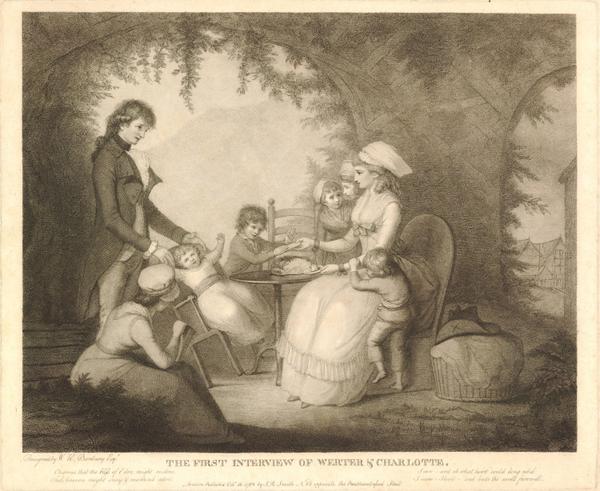
![It's dangerous. . IT 's TD GI] FIBRE. THEE THIS.. Harry, grab your destiny if you know what I mean](https://i0.wp.com/static.fjcdn.com/pictures/It+s+dangerous_6daf8e_5209875.jpg)
